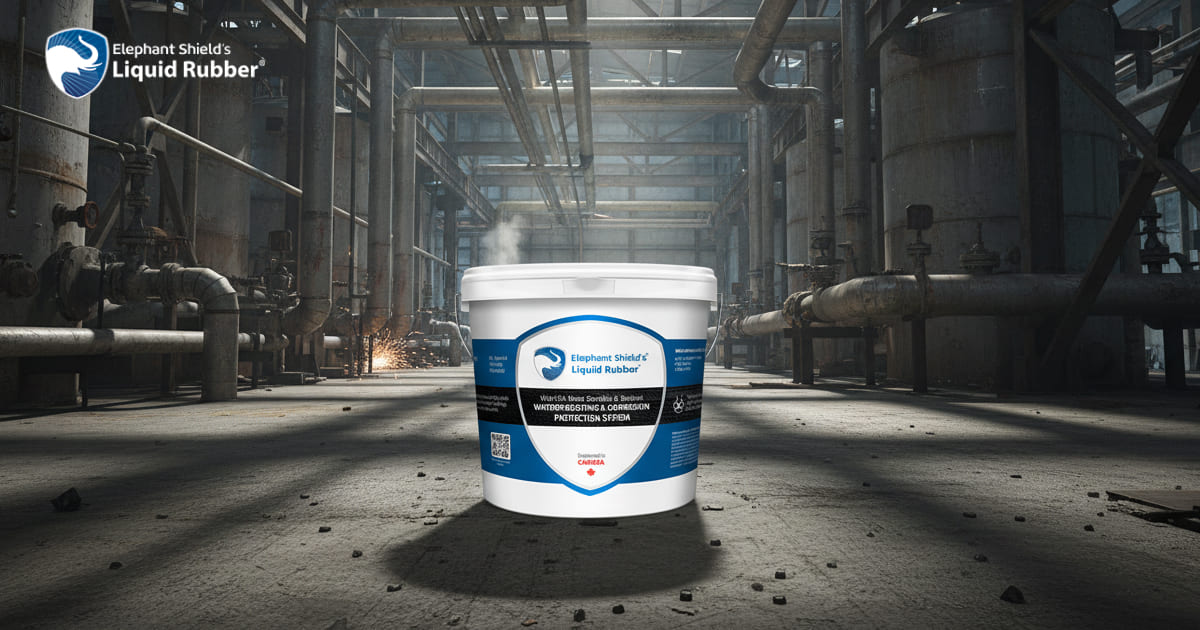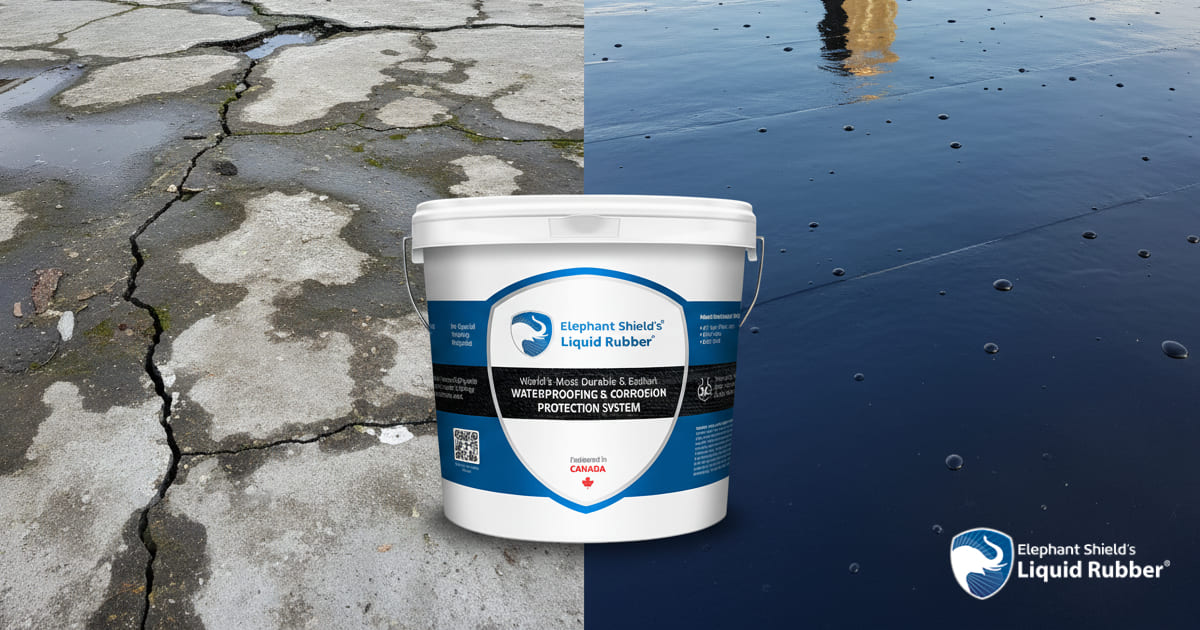Protecting industrial structures from water damage is a critical challenge for facility managers and builders. Leaks, dampness, and water seepage can weaken structural integrity, damage machinery and increase maintenance costs. Traditional waterproofing methods often fall short, leading to frequent repairs and downtime. Liquid rubber for waterproofing has emerged as a modern, durable and cost-effective solution for industrial waterproofing, offering seamless protection against water penetration. In this blog, we explore why liquid rubber is a game-changer, how it works and how it addresses common industrial water problems. Learn how water leakage solutions can save time, money and structural safety.


Liquid rubber provides a seamless, durable and flexible coating that prevents water seepage and structural damage. Unlike traditional methods, it adapts to surface movements, resists cracking and lasts longer. Its chemical resistance and versatility make it ideal for roofs, walls, tanks and pipelines, offering a reliable industrial waterproofing solution.
When applied correctly, liquid rubber can last 10–20 years, depending on environmental conditions. Its elasticity prevents cracks caused by temperature changes and its chemical resistance protects against industrial wear and tear. Regular inspections and proper surface preparation further extend its lifespan, making it a cost-effective industrial waterproofing solution.
Yes, liquid rubber adheres to concrete, metal, wood and other industrial surfaces. Its flexibility allows it to expand and contract with structural shifts, making it ideal for both new constructions and retrofitting existing structures. This versatility ensures a uniform protective layer across terraces, roofs, walls and tanks.
Pricing depends on surface area, thickness and project complexity. While liquid rubber may have a slightly higher upfront cost than traditional membranes, it saves money over time by reducing maintenance and repairs. Its durability and efficiency make it a waterproofing solution with excellent long-term ROI.
Yes, liquid rubber formulations can be tailored for chemical resistance, UV protection or extreme weather conditions. Suppliers like Elephant Shield Liquid Rubber provide guidance for customized applications, ensuring that industrial setups with unique requirements—like tanks, pipelines or terraces—receive optimal protection.
Reputable suppliers offer expert application guidance, high-quality products and after-sales support. They ensure proper surface preparation, application thickness and curing times, guaranteeing long-lasting results. Choosing trusted providers like Elephant Shield Liquid Rubber ensures a reliable industrial waterproofing solution with minimal maintenance concerns.
Absolutely. Liquid rubber is effective for retrofitting older structures. Its seamless application covers cracks, gaps and damaged areas, providing a water leakage solution that restores structural integrity and prevents further damage. Proper preparation and layering are essential for maximum effectiveness.
Regular inspections help identify wear and tear or early signs of peeling. Reapply liquid rubber if necessary and ensure proper drainage to prevent ponding water. Following these simple steps extends the lifespan of your waterproofing solutions and maintains the integrity of industrial roofs, walls and storage units.
Liquid rubber is revolutionizing industrial waterproofing by offering durability, flexibility and cost-effectiveness unmatched by traditional methods. From terraces and roofs to walls, tanks and pipelines, it provides seamless protection against leaks, dampness and water-related damage. Reduce maintenance costs and prevent operational downtime with Elephant Shield Liquid Rubber. Protect your industrial assets today—consult trusted experts for the best industrial waterproofing solutions!

Waterproofing Specialist